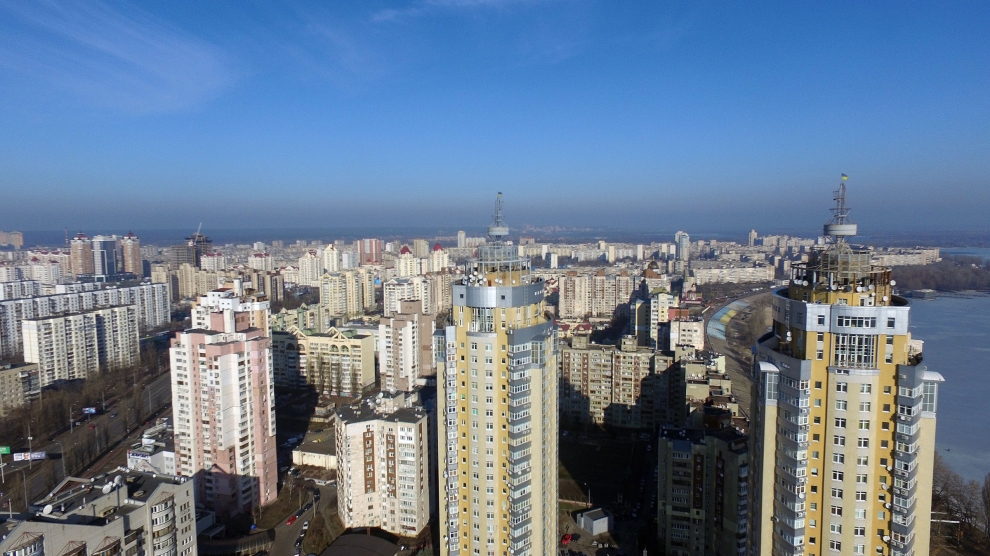Economic growth across emerging Europe is projected to slow in 2019, amid slowing global growth and uncertain prospects.
According to the World Bank’s latest Economic Update for Europe and Central Asia, regional growth is expected to pick up modestly in 2020-21.
“Europe and Central Asia is vulnerable to global uncertainty, and it faces several long-term challenges including aging populations, declining productivity, weakening investment, and climate change. The good news is there are a range of policy options available to boost growth and mitigate these challenges,” said Cyril Muller, World Bank vice president for Europe and Central Asia. “Countries should close investment gaps, improve governance, participate more in global value chains, and ensure more people have access to financial services including bank accounts and digital payments.”
The share of the working-age population in the region has fallen dramatically, due largely to declining fertility rates in the 1990s. Productivity slowed to 0.8 per cent per year between 2013 and 2017. Investment growth has slowed sharply, from an average above 15 per cent in the five years prior to the global financial crisis to an average of 1.6 per cent in the period 2014-18. And, parts of the region – particularly Central Asia and the Western Balkans – are highly vulnerable to the impacts of climate change, such as droughts, flooding, and more frequent natural disasters.
The report says financial inclusion can help countries in Europe and Central Asia address these challenges because access to financial services facilitates people’s investment in their health, education and businesses, thereby promoting development and reducing poverty.
“Financial inclusion can help boost growth and play an important role in addressing many of the region’s long-term challenges,” said Asli Demirgüç-Kunt, World Bank chief economist for Europe and Central Asia. “Account ownership is the first step into the formal financial system, making it easier to get wages, receive money from friends and family, and collect government payments.”
In 2017, about 116 million adults in the Europe and Central Asia region had no bank account, the majority living in Russia, Turkey, Uzbekistan, Ukraine, and Romania.






Add Comment